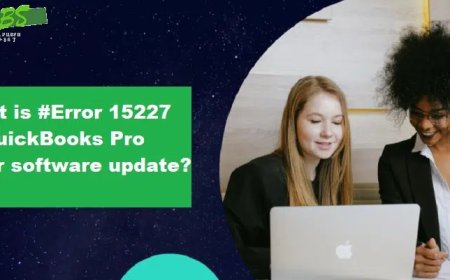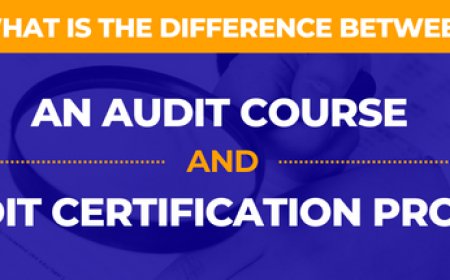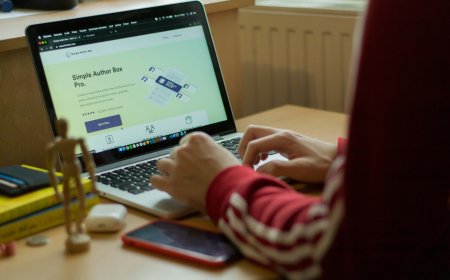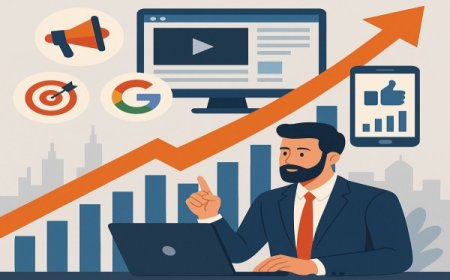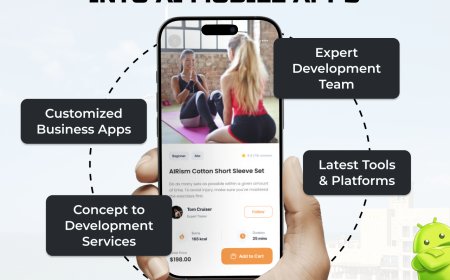Empowering Vulnerable Groups Through Dialogue
Discover how meaningful dialogue empowers vulnerable groups and fosters understanding, inclusion, and long-term positive social change.

In todays world, inequality, marginalization, and social injustice continue to impact millions. Among the most affected are vulnerable population groupswho face systemic barriers to basic rights, security, and participation in society. These groups include women, children, the elderly, refugees, minorities, and people with disabilities. One of the most transformative tools to address their challenges is dialogue. By promoting open, inclusive conversations, societies can begin to dismantle prejudice and build bridges across divides. Dialogue isnt just about talking; its about listening, validating experiences, and encouraging shared solutions.
Understanding Vulnerable Groups and Their Needs
Vulnerable groups often live on the margins of decision-making processes. Whether due to economic, social, or political exclusion, these communities face higher risks of violence, discrimination, and poverty. Empowerment, therefore, must begin by recognizing their unique contexts. Tailored approaches that encourage expression, education, and inclusion can pave the way for meaningful change. Dialogue offers a humanizing process, shifting the narrative from speaking for to speaking with, ensuring vulnerable voices are heard and valued in all areas of society.
Dialogue as a Foundation for Inclusion
Engaging in dialogue creates space for empathy, understanding, and trust. It allows vulnerable groups to reclaim their agency and articulate their needs. In spaces where misunderstanding fuels tension, communication becomes a bridge. This is especially critical in communities affected by conflict, where silenced voices must be brought to the center. By creating inclusive platforms town halls, community circles, and intergroup forums, dialogue becomes a transformative act that helps restore dignity and mutual respect.
Linking Dialogue to Sustainable Peace Efforts
One of the most sustainable ways to empower vulnerable groups is by linking dialogue tocommunity peacebuilding strategies. These strategies focus on strengthening social cohesion, resolving conflict, and promoting reconciliation. Dialogue acts as a preventive tool, helping communities address issues before they escalate. Whether its promoting gender equity, fostering interethnic cooperation, or addressing youth alienation, peacebuilding efforts grounded in honest, inclusive dialogue create a sense of ownership and shared responsibility. This ensures vulnerable communities are not just included, but central to peace efforts.
Case Studies in Successful Dialogue-BasedEmpowerment
Around the world, real-life examples show the power of dialogue. In Rwanda, post-genocide reconciliationcircles allowed survivors and perpetrators to speak and heal. These community-led discussions helped rebuild broken trust. In Colombia, youth dialogue networks are giving voice to rural vulnerable groups, allowing them to participate in policymaking. Closer to home, refugee storytelling circles have helped reduce prejudice in host communities. Each case shows that when dialogue is structured, consistent, and inclusive, it leads to lasting social transformation.
Role of Education in Empowering Vulnerable Groups
Education plays a vital role in fostering dialogue. By integrating participatory methods in classrooms, learners from vulnerable groups gain confidence to express themselves and challenge oppression. Dialogue-based education encourages critical thinking and empathy skills essential for inclusion. Programs that train facilitators and community leaders in active listening, mediation, and storytelling further support vulnerable communities. The ripple effect of these educational models not only transforms individuals but also redefines societal values from the ground up.
Digital Dialogue and Accessibility
In the digital age, technology has become a powerful enabler for vulnerable groups to participate in public dialogue. Social media, virtual forums, and mobile apps allow people to voice their concerns and connect across distances. However, digital dialogue must be made accessible, especially to those with disabilities, low literacy, or limited internet access. Building inclusive digital spaces means ensuring content is translated, devices are affordable, and communities are trained to use tools safely and confidently.
Challenges to Inclusive Dialogue
Despite its power, dialogue alone isnt a magic solution. Many vulnerable groups continue to face structural resistance when attempting to share their stories. Power imbalances, cultural taboos, and political censorship can limit participation. Effective dialogue requires skilled facilitators, trust-building, and sustained engagement. It must be accompanied by legal protection, financial support, and institutional reform. Without these elements, dialogue can become performative rather than transformative.
Path Forward: Building Lasting Empowerment
To truly empower vulnerable groups, dialogue must be part of a broader framework for justice and inclusion. Governments, NGOs, educators, and local leaders all have a role to play. Policies should protect participation rights and fund programs that amplify marginalized voices. Most importantly, society must shift its mindset from treatingvulnerable groups as passive recipients of aid to recognizing them as active agents of change. Through dialogue, we foster not just communication but the creationof a better future.




















